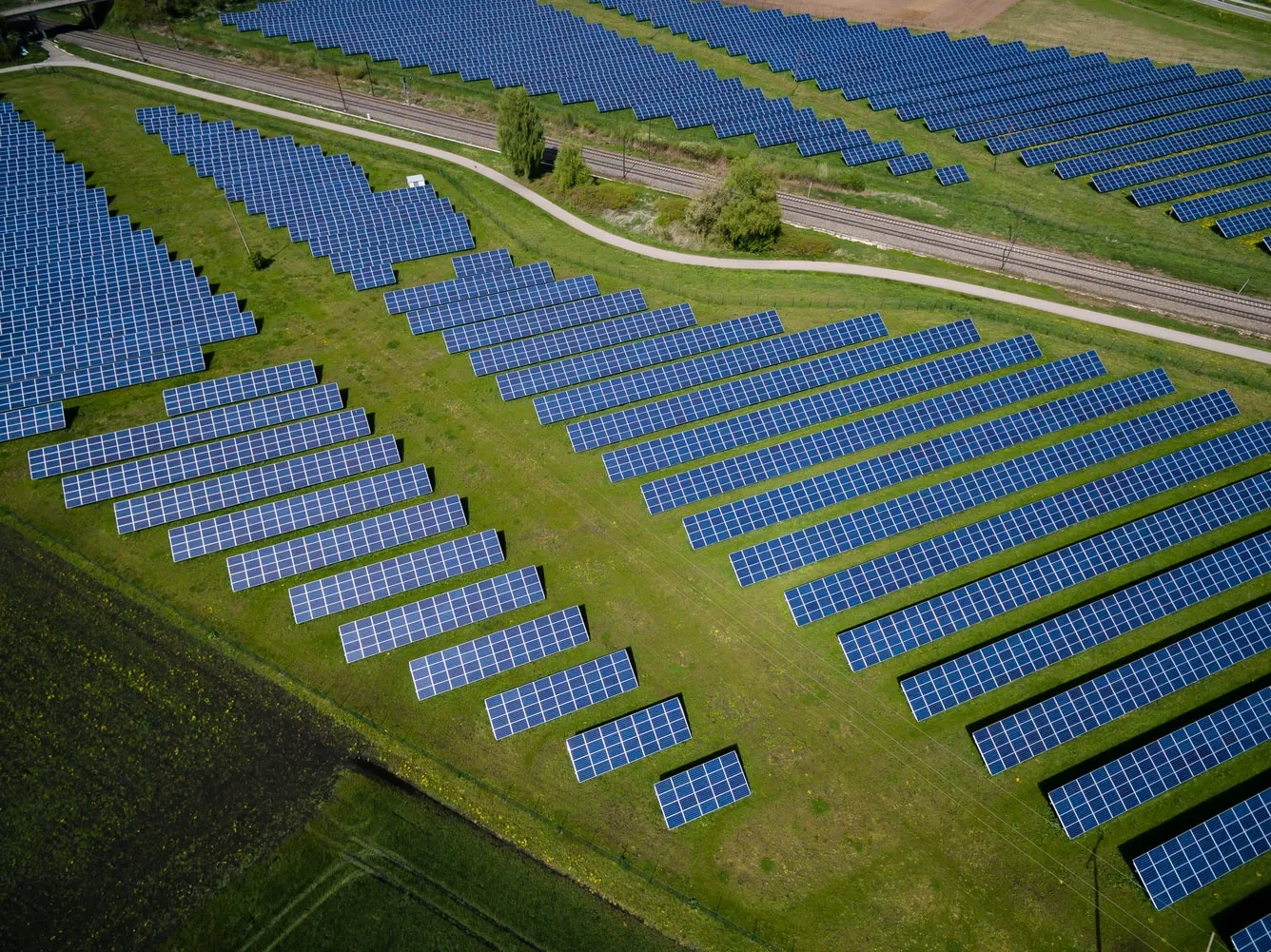DECC has published a consultation on the Energy Efficiency Obligation Scheme 2022-30 and intend to host a webinar and a series of workshops during the consultation. It is clear that DECC wants to align Energy Efficiency policy with the ambition of the Program for Government and the Climate Action Plan, notably targets to bring 500,000 homes to a minimum B2 BER rating, 1mn EV’s and 600,000 Heat Pumps, and aligning these with the requirements of the Energy Efficiency Directive. The Energy Efficiency Directive is undergoing revision to increase the 2030 EU target from the current target of 32.5% to 36-37% for final energy consumption and 39-41% for primary energy consumption. EAI responded to the recent EC consultation on this requesting greater flexibility in the implementation of the EEOS.
DECC are proposing to achieve 60% of the 60,000 GWh final energy savings target (equivalent to approx. total annual sales) using an EEOS, including measures co-funded by obligated parties and grants, with the remainder 40% achieved via Alternative Measures, such as Carbon Tax and incentives for EV deployment. This represents a change to the 50:50 split that was pursued in the implementation of EED 2020, with the EEOS ultimately contributing +50% total savings. DECC also note the need for any measure to meet the very specific additionality and materiality criteria set out in Annex V of the EED, as well as being, or having the potential to be, sufficiently measurable and verifiable.
In relation to the EEOS it is proposed to reduce the eligibility threshold to 400GWh final annual sales (from existing 600GWh) for obligated parties (electricity/gas suppliers, liquid and solid fuels) and also to reserve 40% of this target for suppliers of transport energy, i.e. transport energy suppliers and distributors would be fully responsible for delivering this target but they would not be required to meet with savings delivered specifically through transport measures as these are felt to be limited. DECC is proposing that at least 15% of the overall EEOS Target must be met through savings delivered in the residential sector.

